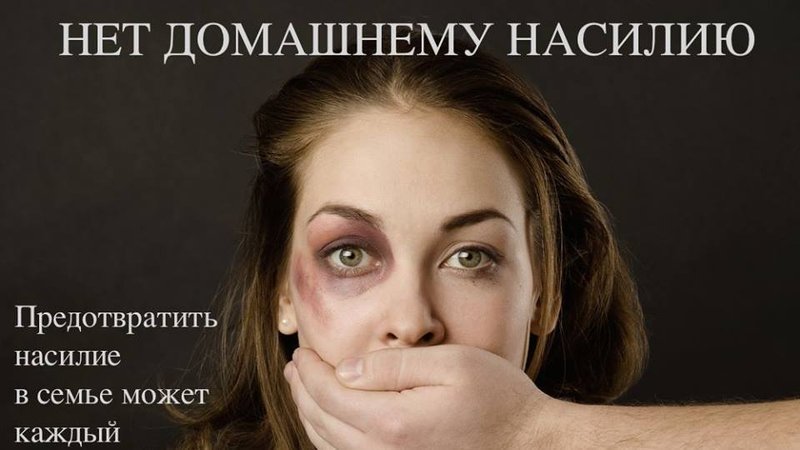Battered and Bruised : A Grim Expression of Love
"If the father spanks his child for a good reason as a means of education, a traditional Russian one, he will be sentenced to two years in prison -- and if a neighbour does this, he will get away with a fine."
Russian journalist at press conference, addressing Vladimir Putin
"It's better not to spank children and refer to some traditions."
"We should not go overboard with it [punishment for battery]. It's not good; it harms families."
Russian President Vladimir Putin
"[The penalty for battery should be lenient for violence] committed in an emotional conflict, without malice, without grave consequences."
"Battery doesn't even involve grave bodily harm. We're only talking about bruises, scratches, which is bad, too, of course."
Olga Batalina, Duma co-author of new bill, Moscow
 |
| Change.orgCanada |
It's a brutal society, one invested in 'tradition', a culture that accepts the casual slamming about by a man of a woman in a domestic altercation. Considered normal and unavoidable, it is to be tolerated and women should continue to display that stiff upper lip; you know the one with a bruise to match that partially closed purple-fleshed eye...? Parliamentarian Oleg Nilov responded to colleague Olga Batalina's statement by retorting: "Has anyone tried going a round with a bruise for a week? Does anyone think it's OK?"
Well, obviously there are those who think it is quite all right. Not ideal, perhaps, but nothing to get all upset about. You take your knocks and you get on with life. If you're a Russian woman who knows her government is quite in accord with domestic violence as long as it doesn't descend to the kind of violence where matters really get out of hand and before the man knows it his passion has taken him so far that the woman he's busy teaching a lesson to, is suddenly dead. That will merit punishment, not the foreplay.
Though battery is currently a criminal offence in Russia, because close to 20 percent of Russians confidently give their opinion that sometimes, on some occasions, it is perfectly all right to hit out at a spouse, or punish a child with physical force, it is set to change. The opinion of that vocal 20 percent is evidently sufficient to have lawmakers in the lower house of parliament give their initial approval to a bill which would eliminate criminal liability for the kind of violence that stops before it ventures into serious bodily harm, or rape.
Family harmony wrapped in bruises.
Should it pass second reading in the Duma, as it appears it is heading toward, the third level of approval will follow readily upon which it will be sent to the upper house and from there on to the official desk of President Vladimir Putin. Yelena Mizulina, responsible for writing up Russia's "gay propaganda" ban, introduced the bill to decriminalize domestic violence. Set aside, it was resurrected when a journalist brought the subject up with President Putin at his annual news conference.
Interior Ministry statistics indicate that 40 percent of violent crimes in Russia are committed within family situations. Over 9,000 women were reported killed in incidents of domestic violence in 2013. Should the bill pass, as seems likely, battery on a family member would be punishable through a fine of under 30,000 rubles ($650), or a 15-day prison stay. Yet family violence is there, it is endemic, and it doesn't really need state approval, as an institutionalized cultural artefact to be shrugged off as inevitable and therefore acceptable.
The ANNA Centre foundation based in Moscow, Russia's only domestic violence hotline, catalogued over five thousand calls in the past year, with many more urgent calls missed, since the line is only in operation between 7:00 a.m. and 9:00 .p.m. Irina Matvienko, the operator of the hotline, has this to say: The Duma bill "is not going to improve the situation, to say the least. Domestic violence is a system which makes it difficult for a woman to seek help. It's not a traditional value. It's a crime."
"I think it's part of an overall ideology: aggression and violence are on the rise in society in general since war is everywhere and we're surrounded by enemies", explained activist Alyona Popova, who established an online petition against the bill, which has garnered over 180,000 signatures. As far as she is concerned, it represents a continuation of aggressive policies by the Kremlin in line with new, repressive laws targeting groups such as foreign-funded NGOs, and gays.
Domestic violence is a problem in every society, anywhere in the world. Usually it's male-on-female, though the opposite also occurs. But largely, it is men violating women's human right not to be bruised and battered by a physical presence to whom a woman is tied by familial obligations, and whom she is also often dependent on emotionally. Effectively legalizing domestic violence is a dramatic step backward.
Yet, it appears that many Russian women are not even aware that such violence is illegal. For the time being.
 |
| One in three Russian women experience domestic abuse, and 40 die a day at the hands of their spouse or partner Getty |
Labels: Domestic Violence, Russia

<< Home